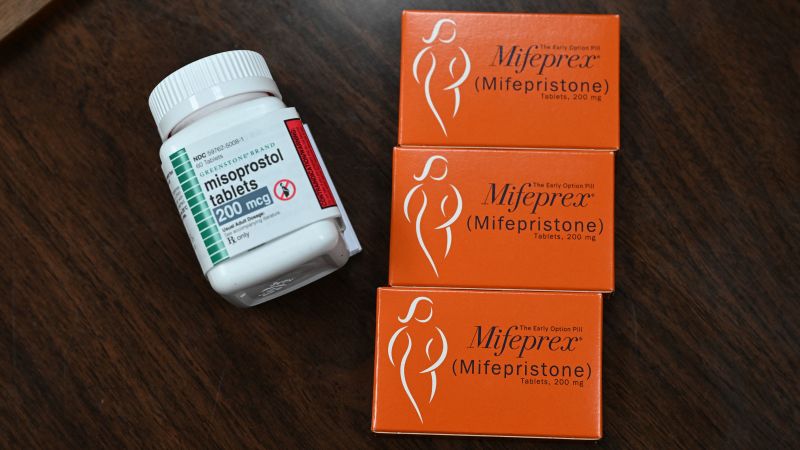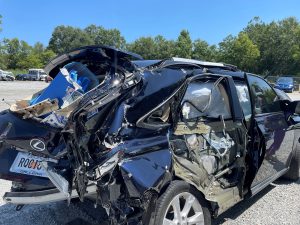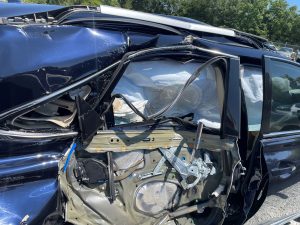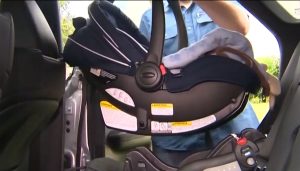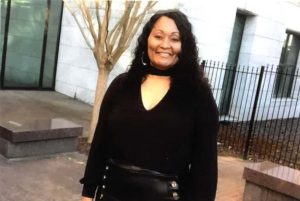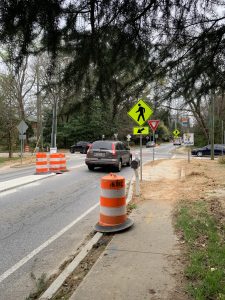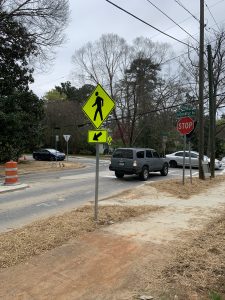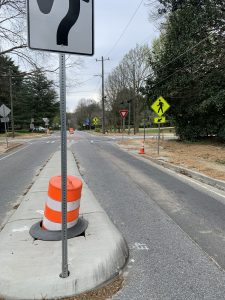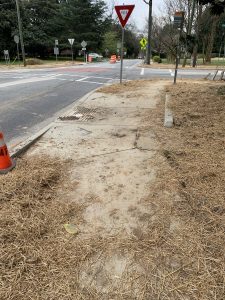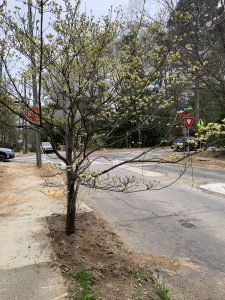
Last week, Judge Marc Treadwell, United States District Court Judge for the Middle District of Georgia, held several officers of the Georgia Department of Corrections in contempt of court for failing to correct numerous violations of the Federal and Constitutional rights of Georgia inmates who are housed in solitary confinement in Georgia Prisons. In his 100 page Order, Judge Treadwell threatened them with fines and ordered an independent monitor to ensure compliance with a settlement agreement for the Special Management Unit of the Georgia Diagnostic and Classification Prison in Jackson, about 50 miles south of Atlanta. In its Order, the Court found that prison officials falsified documents and said they routinely placed new arrivals at the facility in “strip cells,” where one inmate said he was not given clothes or a mattress and could not use the toilet because it was broken and filled with human waste.
A psychology professor and prison expert, Craig Haney, Ph.D., J.D., told the court back in 2018 he had toured maximum security prisons in roughly two dozen states, and Georgia’s SMU unit was “one of the harshest and most draconian” he had seen. His report, submitted to the court in 2018 by lawyers for prisoners — included images of prisoners with self-inflicted cuts, blood on the floor of one cell and the window of another, and descriptions of “extraordinarily harsh” living conditions. His conclusion: “The prisoners at this facility face a substantial risk of serious harm, harm that may be long-lasting and even fatal.” Southern Center for Human Rights attorney Sarah Geraghty, who represented the prisoners, said in a news release back in 2018 when the initial agreement was reached“A civilized society doesn’t lock people in isolation cells for years on end,” she said. “It was past time to move out of the dark ages.”
These solitary confinement cells at the heart of this Contempt Order measure 7 feet X 13.5 feet, and contain a toilet and mattress. Inmates housed in these solitary confinement cells receive their meals through a slit in a solid door that has a small window at the top. You may think the photograph at the top of this blog post is of one of these solitary confinement cells that have been ruled to be inhumane. But you would be wrong. That’s because this photograph is of a shower stall in Smith State Prison in Glennville, Georgia, where my client was held for nearly three days and where, ultimately he hanged himself, resulting in his death. The shower stall measures only 3.75 feet X 6.75 feet, which makes the Georgia solitary confinement cells practically Ritz Carlton luxury in comparison. Also, as you can see, there was certainly no mattress in the shower stall, nor toilet where my client could relieve himself for three days. No ventilation, no heat, no cup of water. Just imagine. Housing an inmate in a shower violates Georgia Department of Corrections’ Standard Operating Procedures. So does falsifying cell counts so it looks as if an inmate is in his cell when he is actually physically being illegally detained in a shower stall. 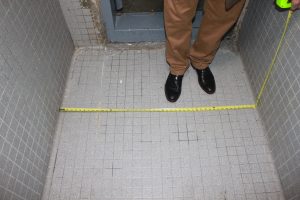
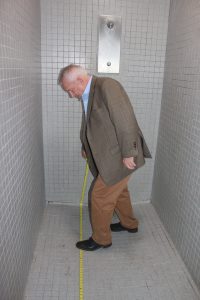

 Atlanta Injury Lawyer Blog
Atlanta Injury Lawyer Blog


